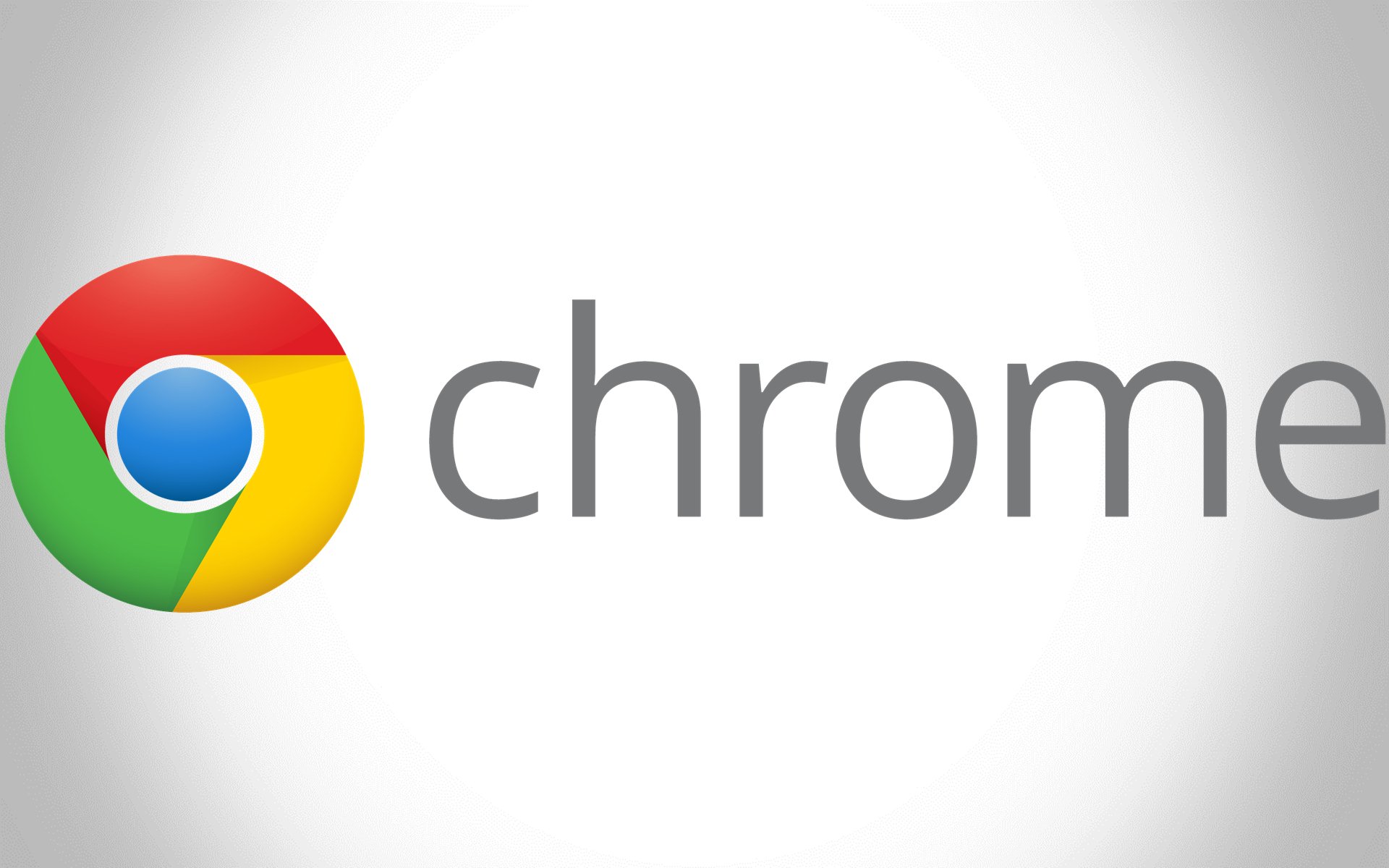Google announced this morning that they will close a loophole that allows websites to identify incognito sessions in Chrome, despite the fact that it’s likely to earn incur wrath of some publishers.
Chrome offers an API to access storage on the browsing device – handily called the FileSystem API – that’s disabled in Incognito mode. Google says publishers have been using this to identify Incognito browsers and offer them different experiences, like forcing them to abandon Incognito so they can be tracked.
This practice will stop with Chrome 76, due for release at the end of July.
There’s lots of reasons people might use Incognito mode beyond the typical assumption that the user is browsing porn sites – Google identifies several in their post, like users living in areas of political unrest or oppression, or victims of domestic abuse. It could also be as simple as logging in to check something on someone else’s device.
Google suggests that publishers relying on the loophole to identify Incognito browsers monitor the effect the change has on their audience and analytics. They’ve also promised to close any such loopholes that may emerge in the future.




